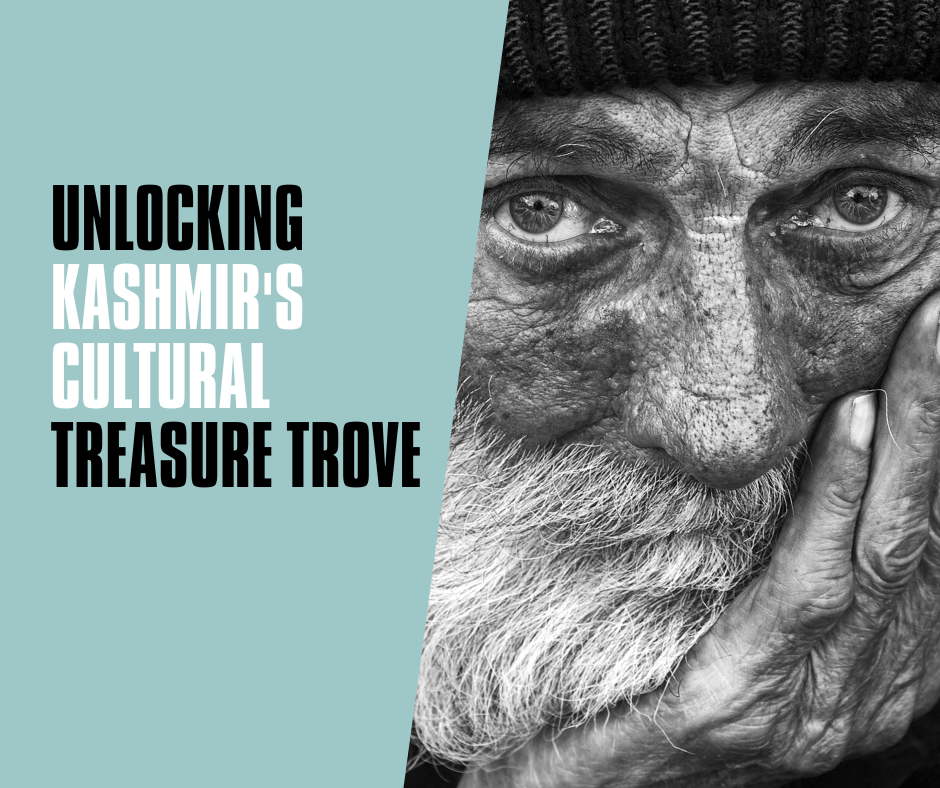Kashmir, often referred to as “Paradise on Earth,” is not just a geographical location but a cultural treasure trove brimming with rich traditions, vibrant customs, and unique heritage. Nestled in the lap of the Himalayas, this picturesque region has been home to diverse communities for centuries, each contributing to its colorful tapestry of culture.
At the heart of Kashmir’s cultural ethos lies its indigenous traditions, which have been passed down through generations. From the intricate art of Kashmiri handicrafts like papier-mâché, shawl weaving, and wood carving to the melodious strains of traditional music such as Sufiana Kalam and Rouf, every aspect of Kashmiri culture reflects the region’s deep-rooted heritage.
One of the most iconic symbols of Kashmiri culture is its cuisine, renowned for its aromatic spices and delectable flavors. From the iconic Wazwan feast, comprising a lavish spread of aromatic dishes like Rogan Josh, Yakhni, and Dum Aloo, to the sweet indulgence of Kashmiri tea, known as Noon Chai, the culinary delights of Kashmir are a testament to its rich culinary heritage.
The cultural landscape of Kashmir is also adorned with vibrant festivals and celebrations, each offering a glimpse into the region’s cultural vibrancy. Whether it’s the exuberant festivities of Eid-ul-Fitr and Eid-ul-Adha, the spiritual fervor of Muharram, or the joyous revelry of the Tulip Festival, every celebration in Kashmir is a reflection of its cultural diversity and harmony.
Beyond its tangible cultural expressions, Kashmir’s intangible heritage is equally captivating. From the age-old tradition of storytelling, known as “Wanwun,” to the graceful art of Kashmiri dance forms like Rouf and Hafiza, every aspect of Kashmiri culture is steeped in history and tradition.
However, amidst its rich cultural tapestry, Kashmir’s heritage faces challenges in the modern world. Socio-political upheavals, economic changes, and shifting demographics have posed threats to the preservation of Kashmir’s unique cultural identity.
In response to these challenges, initiatives like KASHmirie have emerged, aiming to promote and preserve Kashmiri culture for future generations. Through platforms that showcase Kashmiri art, cuisine, music, and traditions, efforts are underway to create greater awareness and appreciation for Kashmir’s cultural heritage.
Ultimately, the preservation of Kashmir’s unique culture and traditions requires a collective effort from both locals and enthusiasts worldwide. By celebrating and supporting Kashmir’s cultural heritage, we can ensure that the essence of this enchanting region continues to thrive for generations to come.




